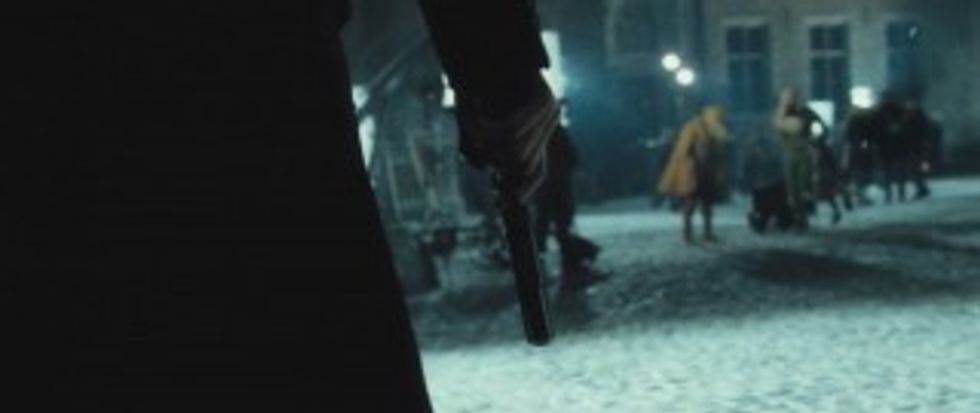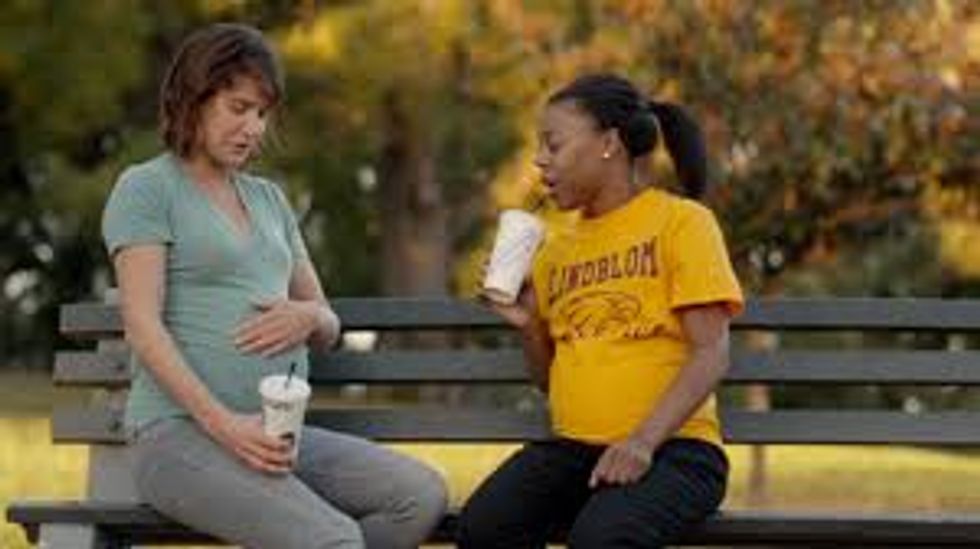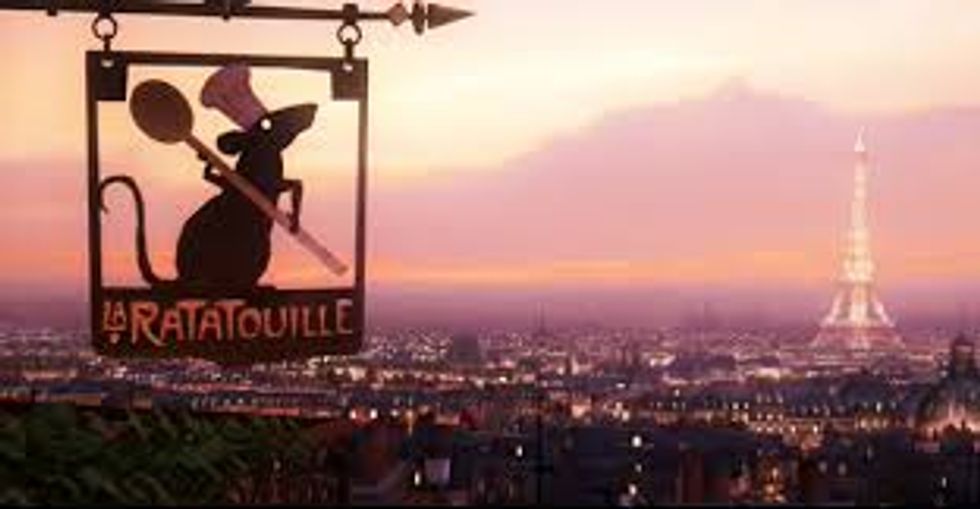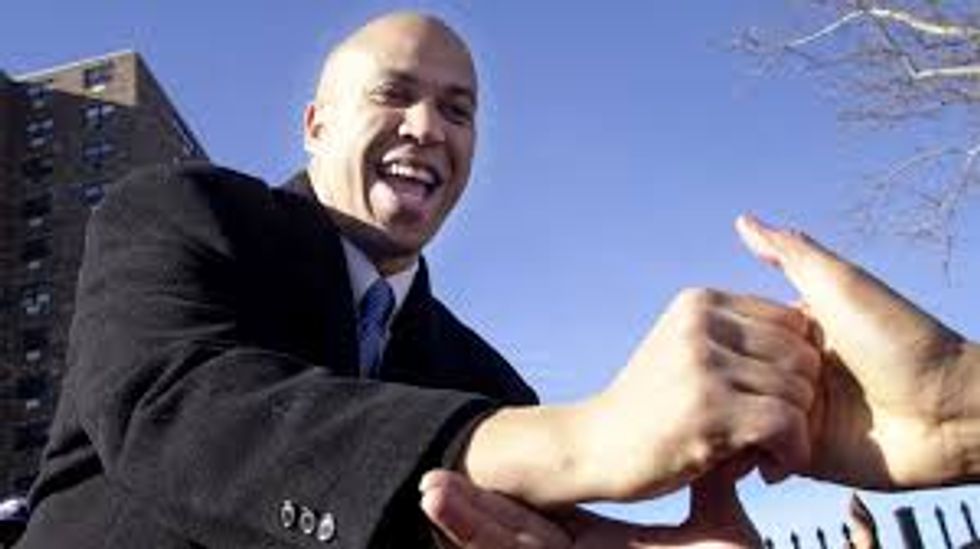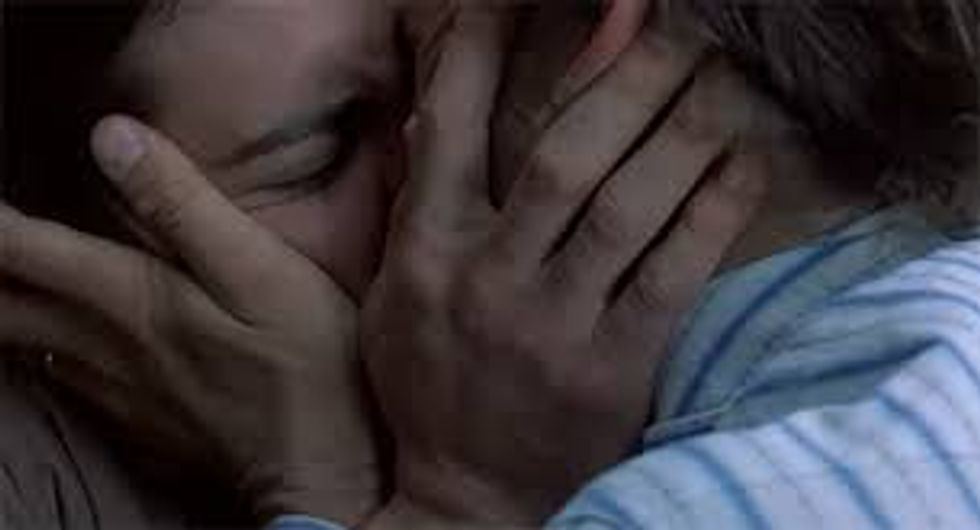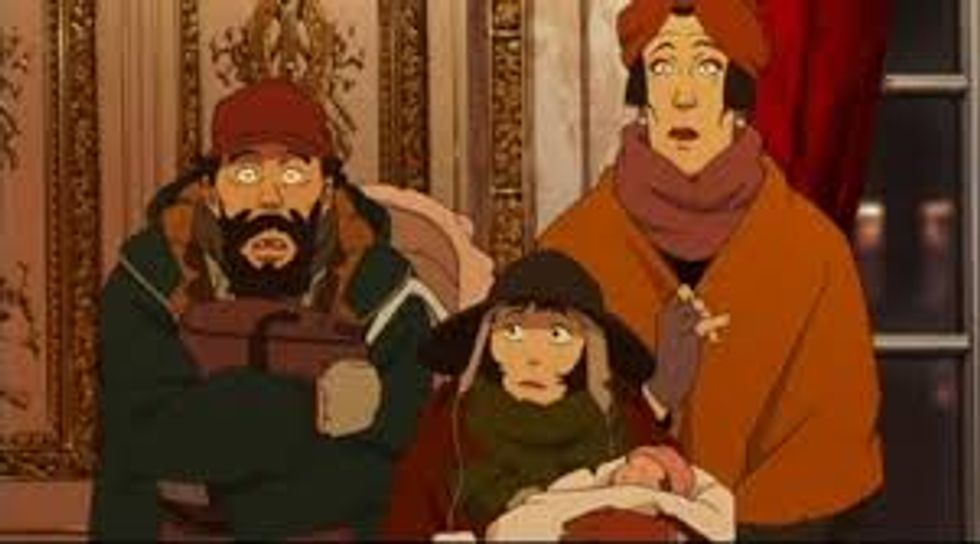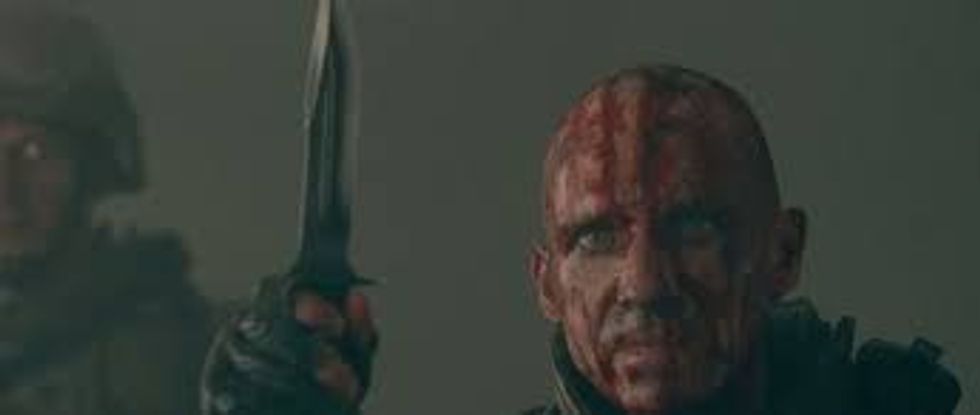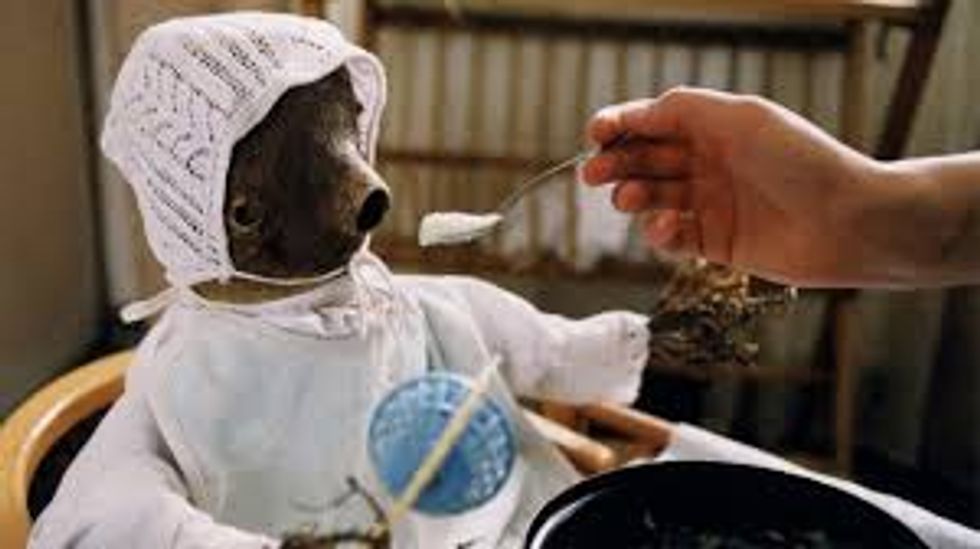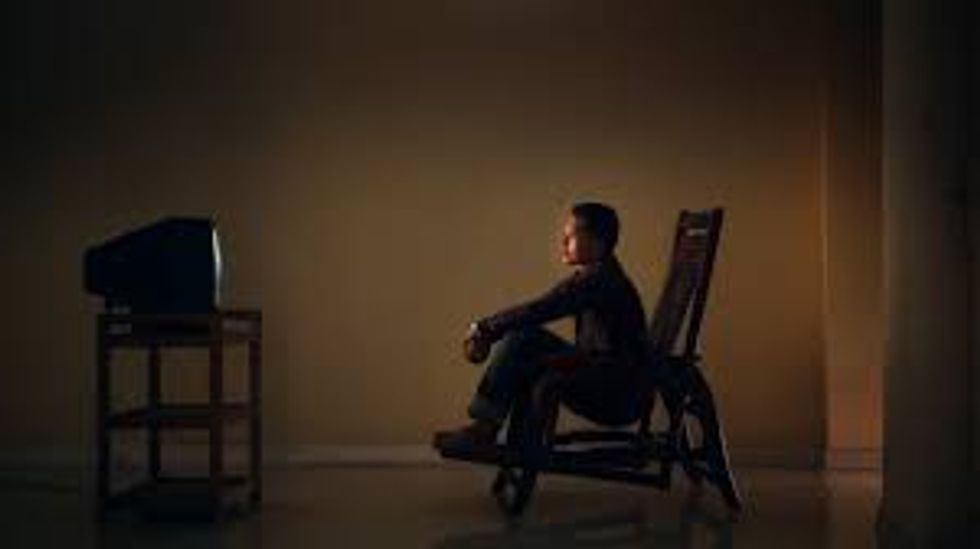Aha! The list continues!
Okay, so disclaimer, because I'm only human, I forgot to note that the previous 10 films were #1 to #10, not #20 to #11. These fellas are #20 to #11! Really takes the build up out of the whole affair, doesn't it? Huh. OR did I mean to do that, and be hella avant garde? Nah. Alrighty, that's all cleared up, excellent.
Continuing this list will also further help make incredibly incredible use of my Tisch credentials (lol) in the battle against post-graduate ennui and existentialist whatever.
Thanks for reading the last list, and thank you for reading this one as well! I'd also like to note, feel free to note disagreement, critique, discourse, and all the rest in the comments if something on this list tickles your fancy or prickles your nancy (?).
PEACE
20. In Bruges (2008)
I'm a fiend for backdrops that act as a sort of living environment, coated in the very thematics a film is made of, like a character itself. The Bruges in this film - a Gothic purgatory for our hit men leads (a career best by Colin Farrell as Ray, and a typically warm and poignant performance from Brendan Gleeson as Ken) teetering on the edge of damnation and salvation - is one of my favorite characters of the sort. I won't spoil how beautifully that battle between these inner angels resolves, but it's a structurally fitting end to every theme the story touches on. Codes, redemption, goodness, badness, regret - none of them are to be ignored in the thick of things. In your final place of judgment - Bruges, much to Ray's chagrin - they will be there at every dark alley corner, every lit up castle, waiting for you. It does matter every bit of who we truly are, despite what we have done. You're not quite ready to root for everyone here, but you really want to hear them out; thanks, no doubt, to director/writer Martin McDonagh's incredible talent for fleshing out characters through how they interact in mundane conversation.
Not to mention the comedy on display here is so sharp and befitting of its world that it's almost perfect. Ralph Fiennes is the laugh MVP here, ridiculously deluded yet not without rock solid integrity - a pretty good symbol of the film itself. The humor here is product of its solemnity, its zaniness comes from its characters who guide the story instead of simply being a part of it. I laughed, I got bummed out, I smiled, and I thought.
Also, on the not off chance that you're a Harry Potter fan, it's a blast to watch Mad-Eye and Voldemort calling each other c*nts.
19. Unexpected (2015)
Yeah, the title pretty much sums up my feelings when I first saw this flick.
Let me talk about Unexpected's wholly greatest strength. This could have SO easily been another white savior film, with Colby Smulders' pregnant Samantha being a patronizingly heroic guide to student and fellow preggie Jasmine, played by Gail Bean in a hell of an announcement performance. Instead, thankfully, we get a story of two women who are simply there for each other, brought together by a huge precipice in their lives. They compliment, contrast, and empathize with each other to a degree so introspective it's nearly documentary-like. But the best part is that the class and racial struggles are never ignored. Samantha can never truly grasp Jasmine's life, and trying to do so actually ends up inflicting more damage. In fact, that difference still lingers at the end, which is a really bold move - wiping it away completely would have dethroned a realness that truly, truly elevates the story. Even still, the chronicling of pregnancy and all of its warts, is a story that needs to be told more.
Both leads are so great. Smulders and Bean never try to outdo one another, nor play what would be typically expected of them. The complexities found in both of their tales are aplenty! In fact, there's not a single stereotype to be found throughout, when it would've been sadly expected for a studio to pump them in for yuks. How awesome is that? This film really just brims with a complete defiance to expectations of what one would expect of its story, and it's nothing short of wonderful to behold.
18. Ratatouille (2007)
Right? I thought Up or Wall-E would be here for sure! Those movies are admittedly some of Pixar's finest. Ratatouille has no beautifully melancholy montage of a marriage broken by death, or a first half that's cinematic in nearly every sense. But that's the thing: those films' glory lie in isolated segments that happen to be part of a bigger whole. Ratatouille, meanwhile, takes an essential component - the joy and tribulation of creation - and instead imbibes it throughout the entire film, lending itself to a much better and more even flow. And that's why, combined with Pixar's endless wit and imagination, I think it's the studio's masterpiece.
Ratatouille constructs that creative, culinary atmosphere so well it's almost criminal. The kitchens of Paris are like little color palettes for whosever works in them, whosever wants to dive into a manic world of recipes, innovation, forks, knives and grit. Common ground between very different characters is what helps make a film tick, and Ratatouille nails that commonness with protagonist Remy and his puppet protege, Linguini. A good story in and of itself, but this is Pixar we're talking about, so they won't be content with just that (well, at least the Pixar of 2007 - 2010). No, no, we get to watch as that shared love for making food, for pleasing people, brings the other characters together, from Remy's rat family to Linguini's fellow chef, culminating in one of the most satisfying emotional climaxes to a film I've ever seen. The last one to be touched by this weaving web is food critic Anton Ego, whose lines are given that iconic thespian's touch by the late, great Peter O' Toole. Ego's presence threatens to destroy the friendship and shared collaboration, so they cook him up the titular dish with a combination of all talents and backgrounds. The result? I won't spoil the details, but it wraps up everything with no slack whatsoever, and the result will bring you chills and a smile. And it'll probably make you hungry as hell.
17. Street Fight (2005)
I'll admit, this won't be as lengthy and detailed of a mini-essay as the other films are. Instead, I'm just going to gush about how enjoyably in depth this doc is, how director Marshall Curry weaves us through the immense intricacies and tribulations of a New Jersey local mayoral race, buoyed and given heart by that soulful subject, Cory Booker. Maybe I like this film even now due to the undeniable mess that is modern American politics, but even still, there's so much detail and discussion that it'd be hard for anyone not to fall in love with the passion on display here. It's also refreshingly not a hagiography: while Booker still has the high ground against his unarguably sleazier opponent, Sharpe James, he dips in getting his hands dirty. He does indeed engage in a street fight, but like the documentary itself, it's for better cause. It's to bring truth and humanity to a political machine somewhat void of honesty and goodness.
It gets better. We take our eyes off Booker for a bit to focus on the community conditions at stake. In Newark, people just want things to get better, and whoever the candidate is, they better deliver that. That's where Sharpe James fails against booker, amidst his creation of tactics targeting Booker's race, sexuality, class, etc. He has become part of the machine, operated only by those who use it, not those who are supposed to be saved by it. You can almost hear director Marshall Curry in the background going, "Hey guys, try your hardest, but really, Newark needs you."
Yep. I wrote way more than I anticipated. Love this flick.
16. Brokeback Mountain (2005)
Yeah, 2005 really did have two masterpieces in it, at least in my humble opinion.
Ang Lee's films are filled with visual poetry, whether it's the freeing, mystical martial arts world of Crouching Tiger, Hidden Dragon, or the endless ocean of doubt and faith in Life of Pi. In Brokeback Mountain, that poetry is perhaps at its crux, exploding into a heartbreaking tragedy that's sadly all too relevant. The picture above does a good job of displaying the inherent tragedy of the world: the 1960s Midwest here is an expanse of masculinity, ripping into even the tenderest of moments, slowly working to destroy them. I mean, look at how hard they're kissing. They want to be with each other, but they were never raised for that sort of softness, and taught the entire opposite. This world doesn't just accept their love, it's actively rooting against it. Both Ennis Del Mar (Heath Ledger) and Jack Twist (Jake Gyllenhaal) are forced into these gender roles, time and time again, until they're complete strangers to each other. It's fitting that in their last scene together, their patterned iconic button downs are replaced by solidly colored winter coats. They're locked out of each other for good. And what's worse, their wives are suffering as well, but had their culture been a little more accepting, these women would never have endured the collateral damage that the secrecy of Ennis and Jack's relationship caused. Brokeback Mountain isn't just angry at anti-homosexuality in American culture; it's downright betrayed by it.
The performances here are nothing short of miracles. Not to take away his defining role as The Joker, but Heath Ledger rounds out Ennis Del Mar so much as a tortured hero, a tough guy molded by the West to a degree it's suffocating him, that you end the film feeling you know everything about him. Jakey Gyllenhaal is no less weaker as Jack, an idealistic man who almost fails to see the limitations of his world. The worst part? In a more accepting time, they'd be a simple, happy couple.
This film might be the romance of our generation, a generation where people tire of gender roles and traditional, constricting dictations on love. And for good, powerful reason simply besides its subject matter.
15. Tokyo Godfathers (2003)
With Hayao Miyazaki on the last list, I feel it's fitting that director/writer Satoshi Kon finds a place here. He's a sort of inverse Miyazaki; whereas Hayao works to find bare, human emotion in often colorful and fantastical worlds, Kon strives to tap into the overlooked magic of a coldly realistic, raw world. It's a perspective that we not only need, but one we don't get enough. The results are as engrossing as any of the iconic landscapes of his opposite, though sadly not as exposed.
It's Christmas Eve in Tokyo, and three vagrants have found a baby, left alone. Hana, a transsexual woman longing to be maternal, believes it to be a miracle. Gin, a middle aged alcoholic who's lost a former happy life so badly it's almost alien, protests. And Miyuki, a runaway girl who fled home after a violent argument with her father, is constantly torn on what to do. And so begins what might be the purest Christmas film ever made, setting the seeds for miracles to occur from where we least expect them, in a way that might be contrived if it didn't feel properly divine. How does it? For starters, the trio suffers as much as they succeed. They've all but turned their back on good luck and happiness, but this baby might just prove them wrong. Bringing it back to its parents is their entry into that season of giving and goodwill, repairing what's heavily broken in their lives. As they continue their odyssey, in an almost fable-like way, their quest yields results that soon prove critical in improving their lot. Do they get into danger? Mhm. Are they forced to confront their mistakes, head on and often painfully? You bet. In doing so, are they rewarded for their faith? Go ahead and watch, and then turn to your loved ones and be ever thankful.
I watched this film, where Tokyo is depicted as a sprawling labyrinth of different subcultures that are somehow interconnected, from the 12th floor of my dormitory in New York City. As I watched, it gave me a scrutiny when I'd glimpse out my window towards all the distant lights of skyscrapers. With that scrutiny came a comforting knowledge: we may not want to be sometimes, but we are together. And that it is a miracle.
14. Coriolanus (2012)
Shakespeare's a tricky beast. Stick too closely to the material, you get a boring play-by-play delivery. Deviate and be edgy too much, you get novelty purely for novelty's sake. What Coriolanus grasps, under Ralph Fiennes' surprisingly taut direction, is that you can do both so long as you capture the essence in an exciting but relatable way. This isn't Baz Luhrmann's Romeo + Juliet, which annoyingly believed a sleek, totally gnarly 90s frame was the only key to success. Nor is it Kenneth Branagh's Hamlet, which while I do love, it can be an utter chore to sit through if you aren't prepared for the full Shakespeare experience. Instead, Coriolanus knows who will be watching it, doesn't try too hard to win any new converts, but knows that first and foremost, it must have a proper cinematic landscape that will truly gel with the material. And so it does. This is one the least indulgent adaptations of anything I've ever seen. Bravo.
We're in a crumpling, Syria-like "Rome", where passionate monologue delivery isn't just a symptom of the source material, but an evocative tip of a pressure cooker ready to blow. War consumes and makes a beast out of everyone, ready to do so at any moment. Ralph Fiennes' Coriolanus, a genius warrior with nothing but contempt for the lives he safeguards, is the ultimate extreme of the Byronic hero Willy Shakes so loves. He's shut down. Maybe it's that deconstruction that lends itself so well to cinematic adaptation, but it's also the remarkable restraint the script, acting, and direction imbibe it with. Hell, even Gerard Butler's Tullus, Coriolanus' enemy turned ally (wrapped in a cycle that begins to devour both), is brimming with a quiet intensity that can only be quelled by, ironically, his sworn enemy, so much have the two been coated in bloodshed. Yeah, even Gerard Butler is that subtly good in this.
The action's visceral and raw, instead of theatrical or stylized, a tactic of doing Shakespeare that ends up working really well. Maybe it's because it combines the best of both mediums: film's potential for subtly, with theater's sphere of huge drama.
13. There Will be Blood (2007)
To call someone inherently evil, is that a cop out? A grave admittance of humanity's capability for darkness? A solemn understanding? Was the almost demonic oil baron Daniel Plainview present in the quiet, mineral prospector Daniel Plainview, ready to come out, or did his new life corrupt his old, as we see in the descent to madness over the course of the film? We'll never know. But he's grown too powerful to even combat, so the best course of action is to let themselves be pulled into their own black holes. Don't worry, though - those similar will be pulled in, and those virtuous will get out. Throughout There Will Be Blood, the similar demons and the virtuous come in the form of preacher Eli Sunday and Plainview's adopted son, H.W. These two are the moral extremes, yanking Daniel in a brutal tug-of-war, but to hell with that, capitalistic Daniel Plainview is his own man and system - he's gonna dictate how he wins this one, regardless of the players. You better believe there'll be blood, keyword being will, as Daniel will continue to grow more bloodthirsty as he keeps devouring himself by his own ruthlessness and sheer inability to connect with people. It's a disquieting struggle to watch, because the film never pretends Daniel doesn't deserve damnation for his sins, yet at the same time, we...very deep down, kind of appreciate his insane drive? His having no qualms in fending off those who would wrong him? Though we jump ship at the apex of his insanity, ready to leave this monster behind. So yeah, I think this is the ideal, no holds barred portrayal of the American Dream. John Steinbeck is clapping his ass off in his grave.
I don't need to expand on Daniel Day Lewis in this film, as the raves you've probably heard about his acting here are all true. But I will say his achievements have always lied in his creation of larger than life figures, as is the case with Daniel Plainview here. Even if the other elements of the film sucked, he'd still be well, well worth it to watch - along with some gorgeously created 1900s Texas vistas, twisting that Americana iconography to a desolate, spooky existence. And Paul Dano, whose genius lies in how he coats his character with a paper thin righteousness that hides his horrible hypocrisy and manipulative dogma, is the other side of shadow waging war for the American soul. No less insane, no less destructive, despite what he may have you think. Like H.W, we are the lives at stake in that war, and we need to run - blood is coming.
12. Little Otik (2000)
You know, it's strange putting this film here - it feels like the last bout of late 20th century darkness and whimsy, though maybe that has more to do with the Czech film industry than anything on camera. Anyway!
Is there anything better than a good blend of horror and comedy? Little Otik understands why that works: because our deepest fears are often ridiculous in nature, surreal and kooky, which sometimes makes them even scarier. The uncanny always frightened me most, in that the ever so slight corruption of normalcy is terrifying in a way we can't fully comprehend. So the sight of seeing two impotent parents adopt a tree...thing...as their "son", before that son comes to life and grows a fatally intensifying appetite, taps into that very surreality with wit, color, and style. Seen through the eyes of the parents' young girl neighbor, Alzbetka, this is a fairytale hearkening back to the exaggerated days of Aesop, sprinkled with modern day commentary on food, motherhood, desires, and hungers of all sorts. There's such a calvacade of layers here that it's miraculous the film doesn't collapse, and I think it's because it commits to its deadpan black comedy, which helps tape everything together. And again, it's because director Jan Svenkmeyer knows that what is spooky is often ridiculous. I think his dipping into animation and live action is what gives him that great flow.
The blending of genre also gives way to a delivery I'd normally find bleakly cynical, but due to the fairytale nature of this film (you can practically feel the page turning after each scene), seems dramatically proper. And that delivery is that humans are just madcap. They don't know how to handle their fears and doubts, and in turn, would rather grow delusional than accept the truth. It's unique to our species, I think. But Otanasek the monster doesn't care. He's just hungry. We have no choice but to sit back, and watch a bizarrely entertaining tale of the food chain.
11. The Look of Silence (2015)
I hope you don't think two documentaries in the number one positions is cheapening out on you. But again, this is not just a documentary. The Look of Silence is a weapon of film, wielded by Joshua Oppenheimer and utterly fearless protagonist SS as they use the interrogative nature of doc to eternally condemn the perpetrators of the Indonesian genocide of 1965. The camera is a mirror for the killers - Oppenheimer never even speaks to us nor them, and the conversations between they and Adi serve only for them to look at what they have done, and one of many whom they have affected. There's one shot where Oppenheimer lets the camera linger after an elder interviewee futiley attempts to justify his crimes, looking nervously into the camera. No words to cap it. No stylization to dramatize it. Just the human soul, and all its barest contents. There's almost no emotional artistic flairs, yet - all we have is what we have done, what we want to do, and the permeating flow of time. Few films have tapped into the human condition such as this one, and with few bouts of exposition and character explanation as well. There is a quiet, enclosed air throughout, and combined with the jungle backdrop, the human nature Oppenheimer seeks to investigate feels both hollow and primal. Adi's confrontations are cathartic, but not in the mere sense of justice. He is simply questioning why they would do something so horrible - as are we - and the pathetically defiant answers given are humane as they are delusional, not evil for evil's sake, but confusion and primitive displays of our more animalistic tendencies. Neither side wins, even though fundamentally, one is right and one is wrong. Goddamn, this movie is enthralling in so many ways.
I saw this film two years ago. I still think about it tons.


